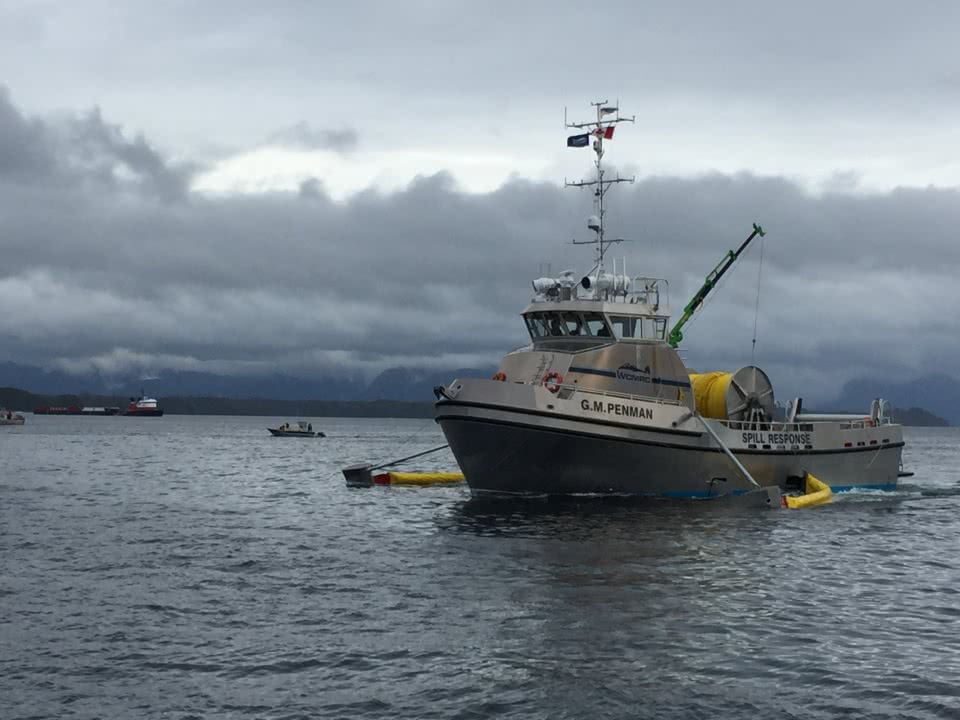Earlier this week, the federal government rolled out their national coastal strategy. According to Trudeau, the Oceans Protection Plan will help Canada achieve a world-leading marine safety system. The $1.5 billion plan will increase West Coast towing capacity to enable rescue towing of large vessels and container ships. It will expand the current Area Response Plan project to include the northern region of the West Coast and it will add four new lifeboat stations to improve response times.
WCMRC fully supports the new federal plan. We believe the plan addresses the main areas of concern on the West Coast, namely lack of towing capacity, outdated response requirements, derelict vessels and Indigenous involvement in marine response.
Some of the highlights for the West Coast include:
Response Organizations
- Regulatory changes, including tougher response requirements for oil spills will be implemented.
- Expand the CCG Auxiliary’s vital role. This 4,000 + network of search and rescue volunteers will begin to engage in environmental response so first response to reports of oil spills can be faster and more efficient.
- Conduct regular response exercises with communities, stakeholders and Indigenous communities to ensure response readiness.
- New regional oil spill response plan for the northern region of the West Coast will be developed to ensure a more efficient and effective response to marine incidents.
Canadian Coast Guard (West Coast)
- Increase towing capacity by leasing two large vessels capable of towing commercial vessels and large container ships.
- Install towing kits on CCG major vessels to improve capacity to take swift action to avoid disasters.
- Building six new lifeboats stations in strategic West and East locations to ensure faster response times.
- New environmental response depot with modern response equipment and a dedicated Primary Environmental Response Team near Port Hardy.
- Creating four additional Primary Environmental Response Teams composed of dedicated, specially trained personnel, to strengthen CCG on-the-scene capacity across Canada during marine pollution incidents.
Indigenous Communities
- Form new Indigenous Community Response Teams in British Columbia, which will offer training for search and rescue, environmental response, and incident command. This approach will enable them to play a greater role in marine safety in their community.
- Involvement of Indigenous groups in new response requirements planning.
- Create a new chapter of the CCG Auxiliary in British Columbia to support Indigenous communities.
For a full overview of the announcement visit: http://www.tc.gc.ca/eng/oceans-protection-plan.html

